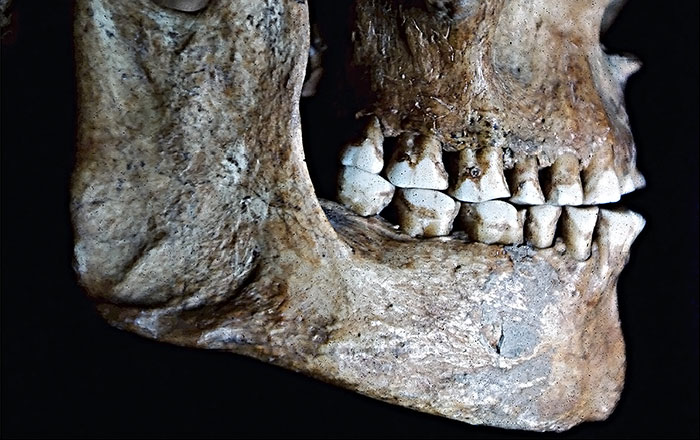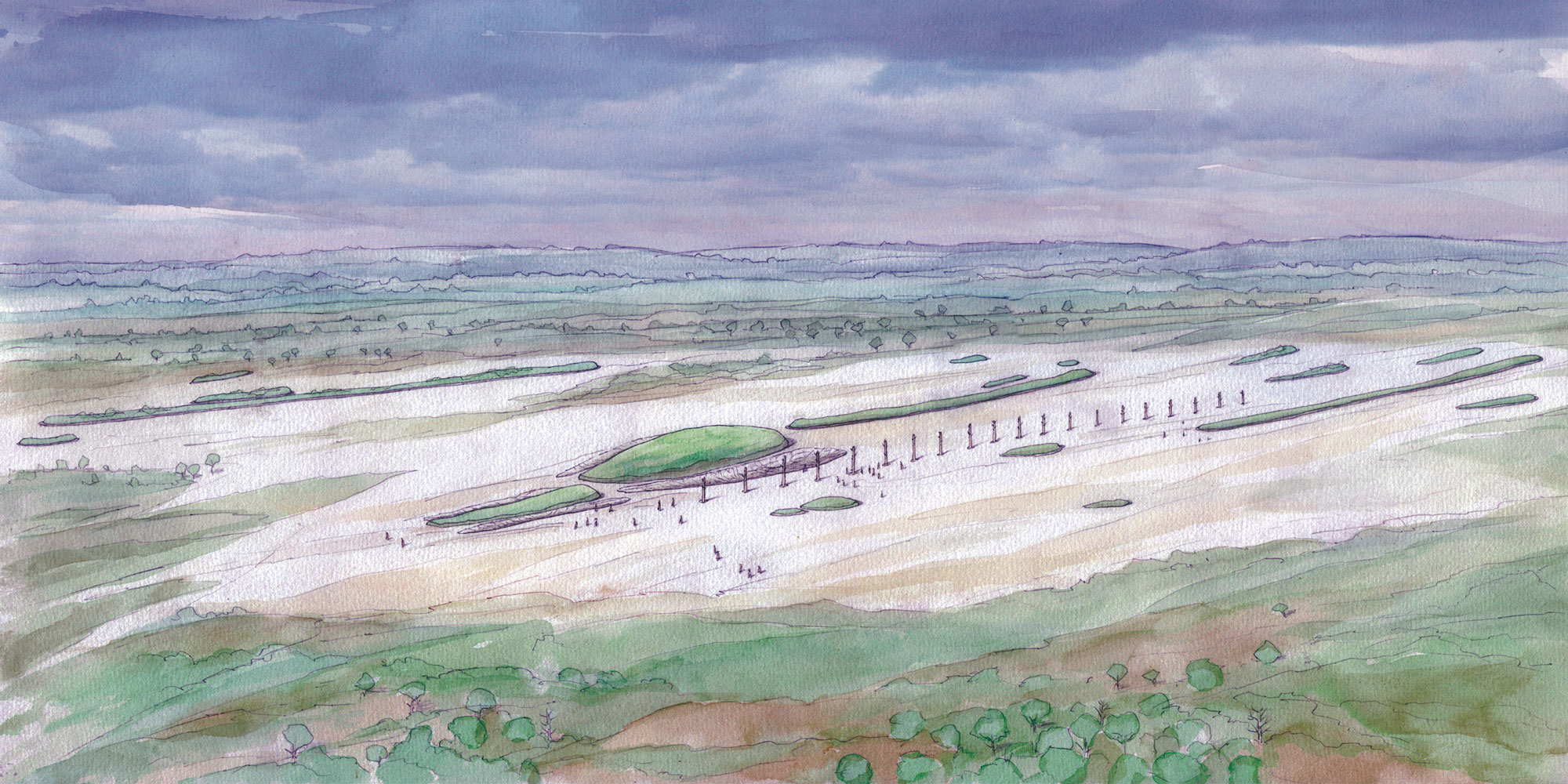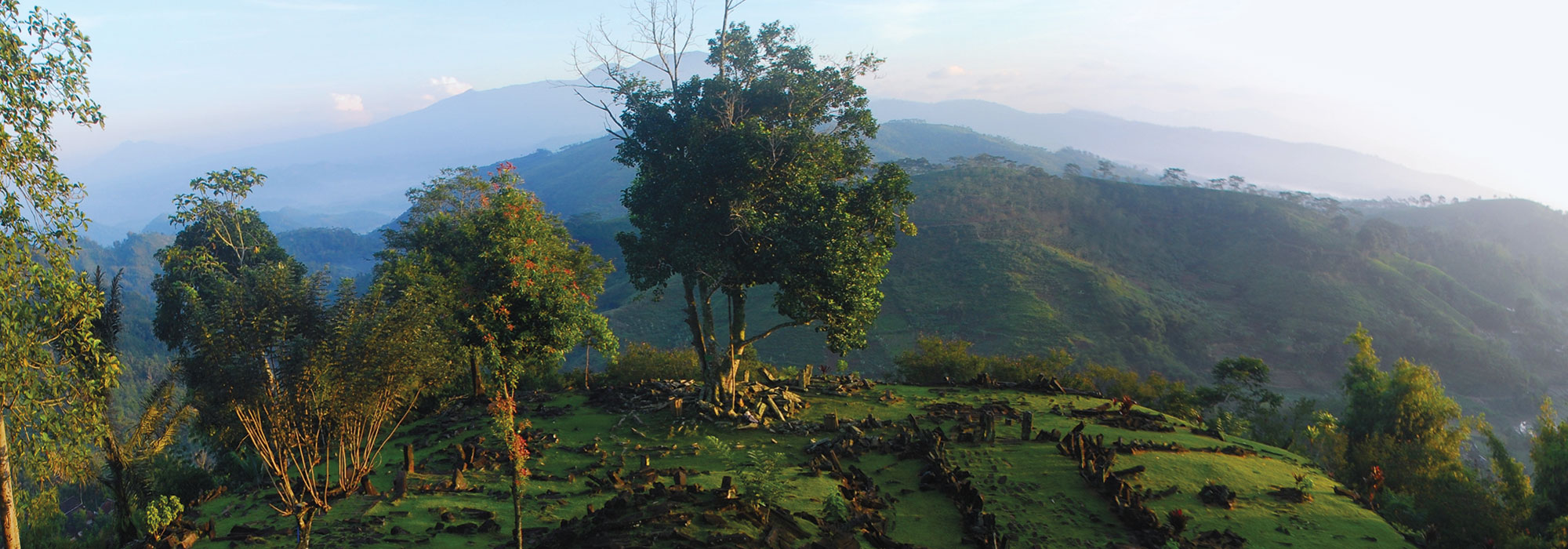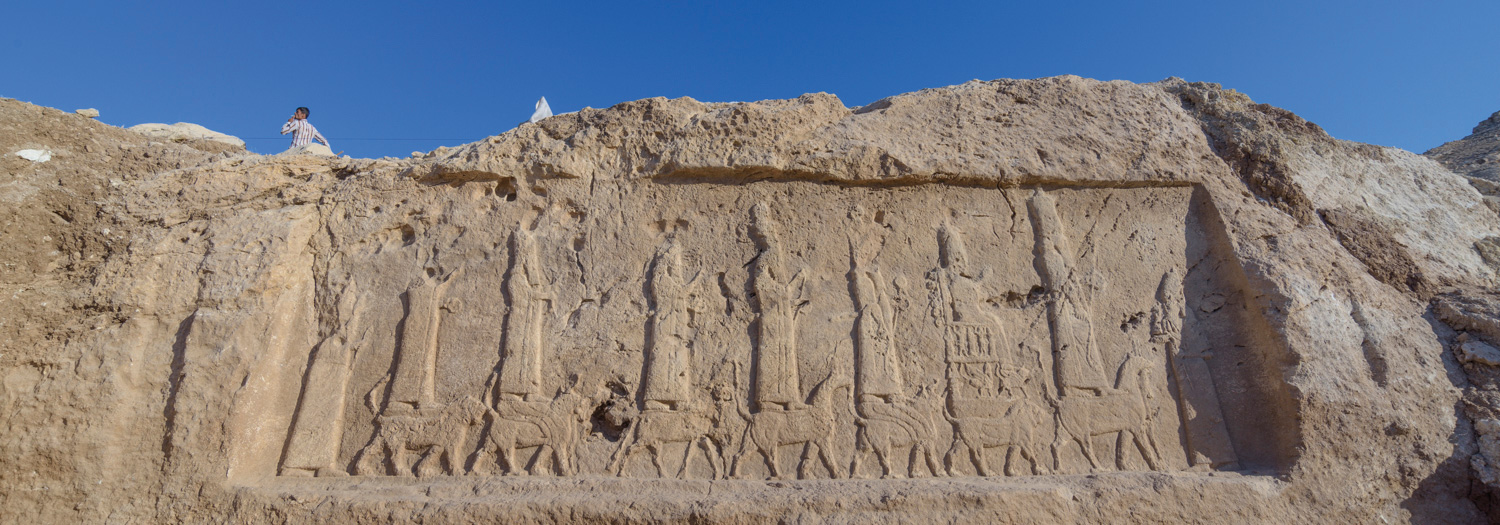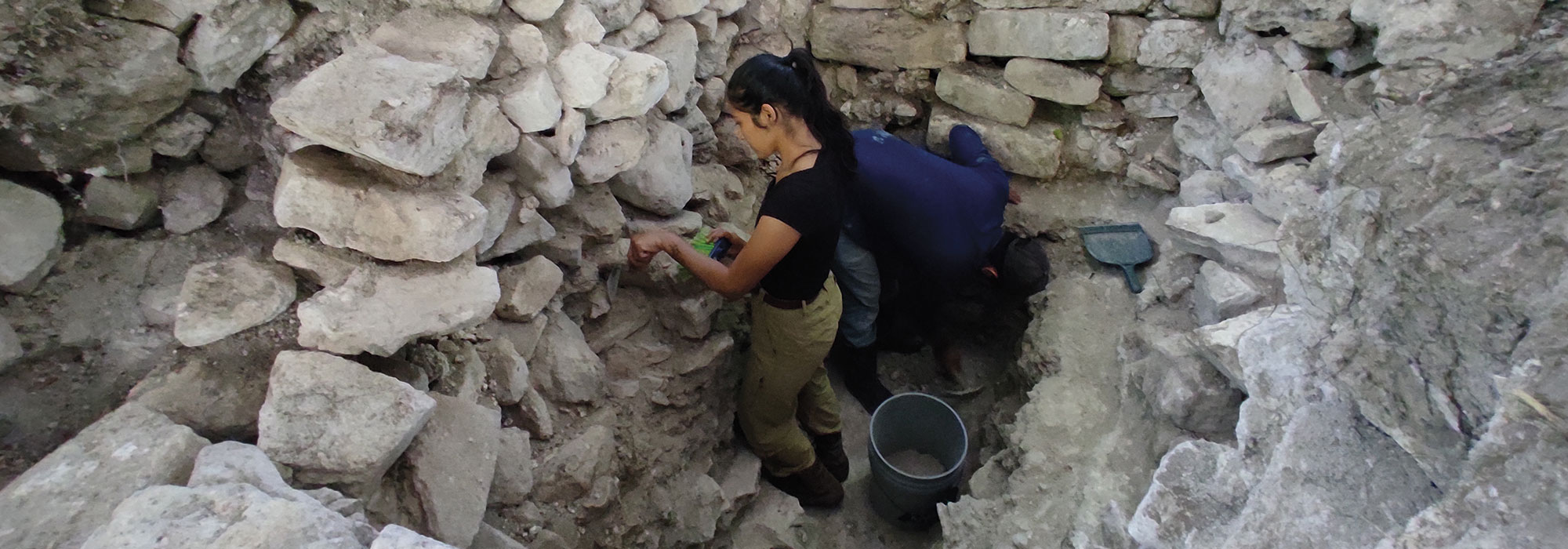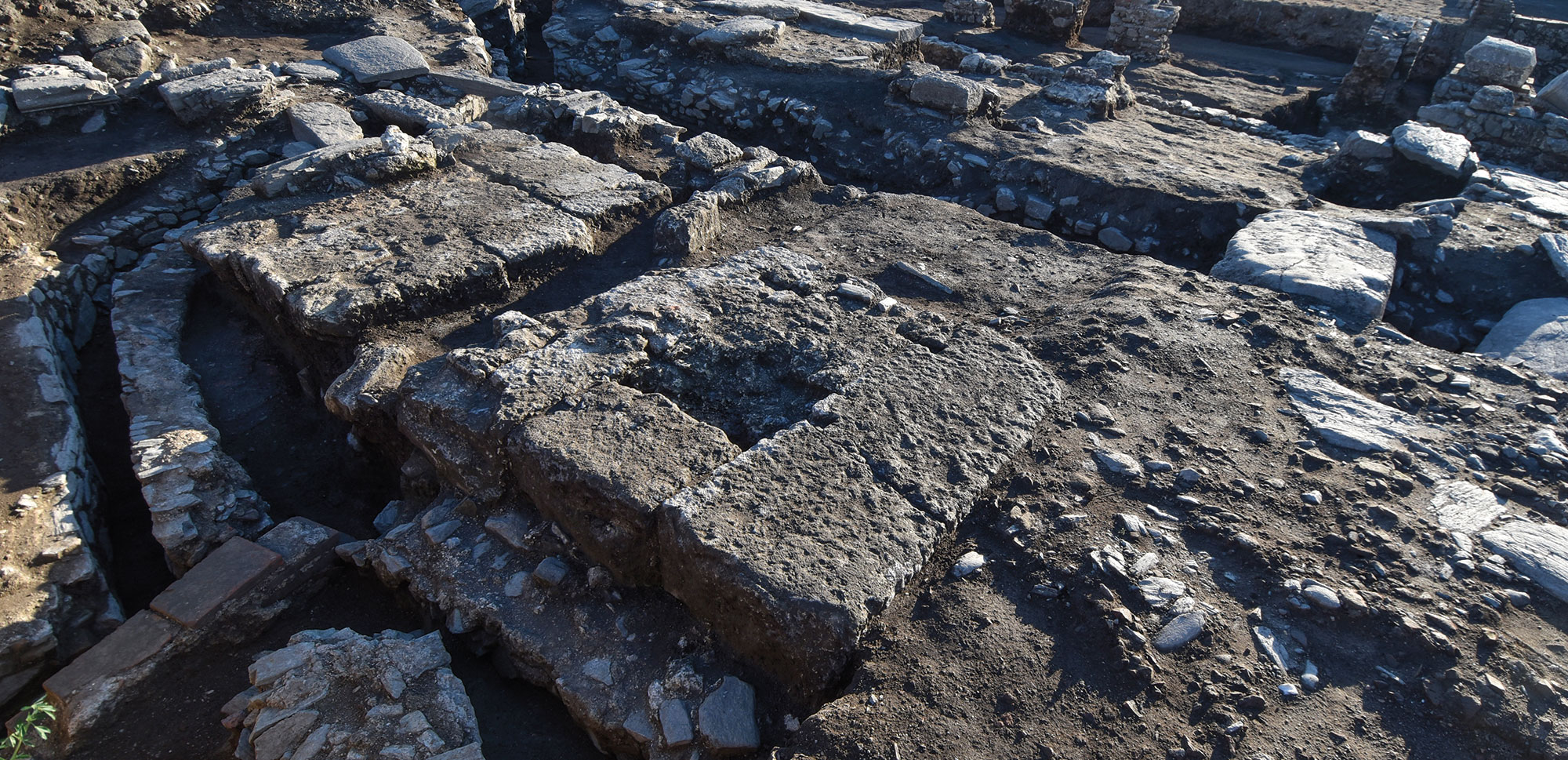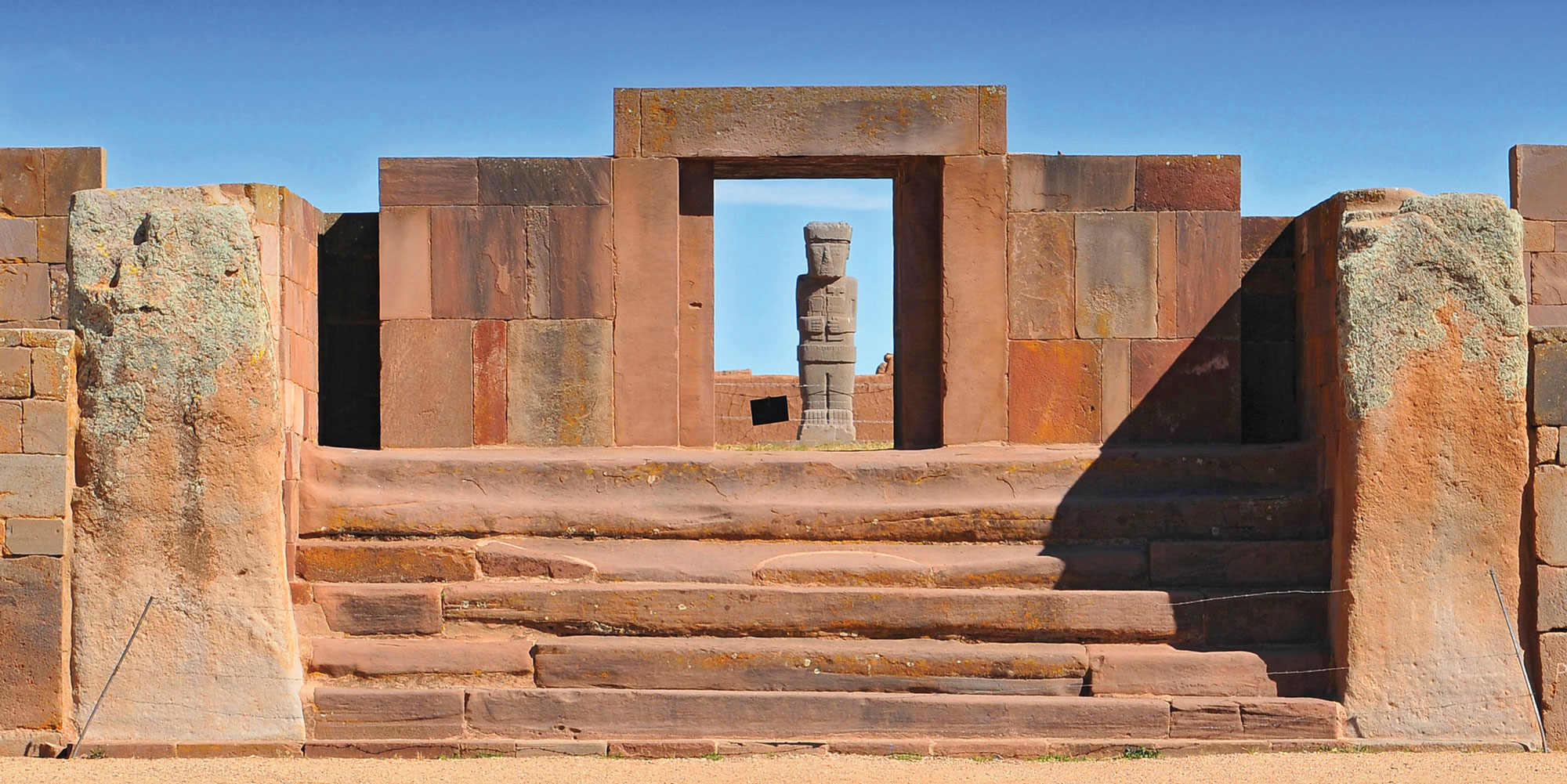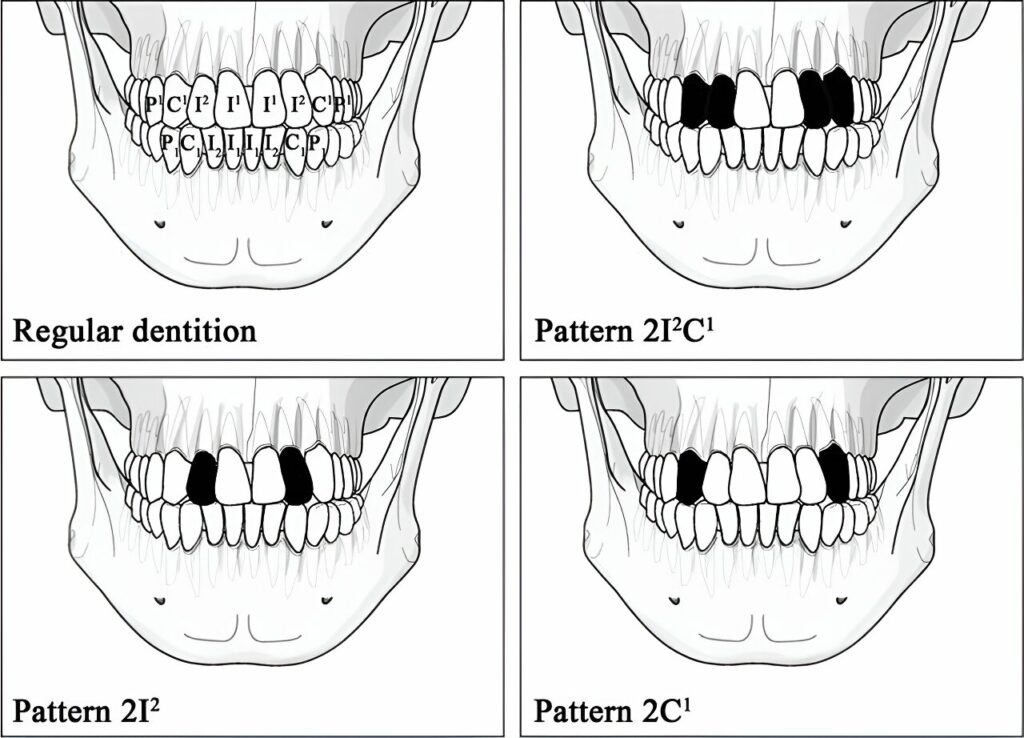
CANBERRA, AUSTRALIA—Cosmos Magazine reports that Yue Zhang and Hsiao-chun Hung of The Australian National University and their colleagues conducted a review of the practice of tooth ablation, or the deliberate removal of healthy teeth, in Taiwan from the Neolithic period through the modern era. The skeletal remains in the study came from more than 250 archaeological sites in Taiwan. Historic records of the practice include descriptions made by Chinese scholars in A.D. 220, Dutch journals from the seventeenth century, and records kept by Japanese rulers in the twentieth century. The researchers determined that the practice began in Taiwan about 4,800 years ago, as hunter-gatherers became sedentary farming communities. At this time, the study indicates that tooth ablation was performed on men and women in equal numbers, and the upper teeth, usually incisors or canines, were removed. Then, around 1,900 years ago, the practice shifted and became more common in women. Analysis of the ethnographic evidence suggests that teeth may have been removed to enhance attractiveness, prevent tooth decay and pain during tattooing, and allow the administration of medication or food during lockjaw. Tooth ablation may have also been used as a test of courage, to signal the transition to adulthood, or to differentiate members of groups, the researchers explained. Read the original scholarly article about this research in Archaeological Research in Asia. To read about 4,000-year-old burials uncovered in Kenting National Park, go to "Around the World: Taiwan."


